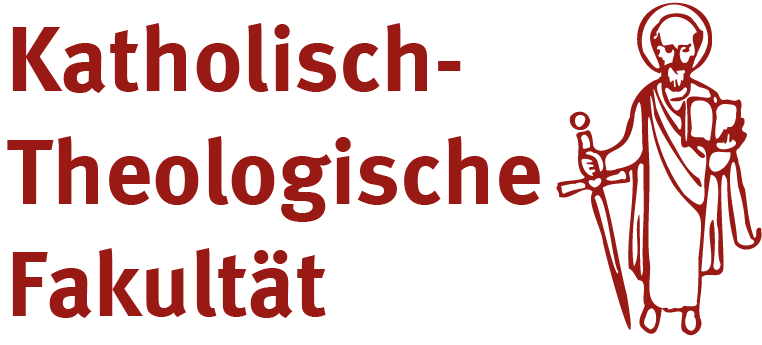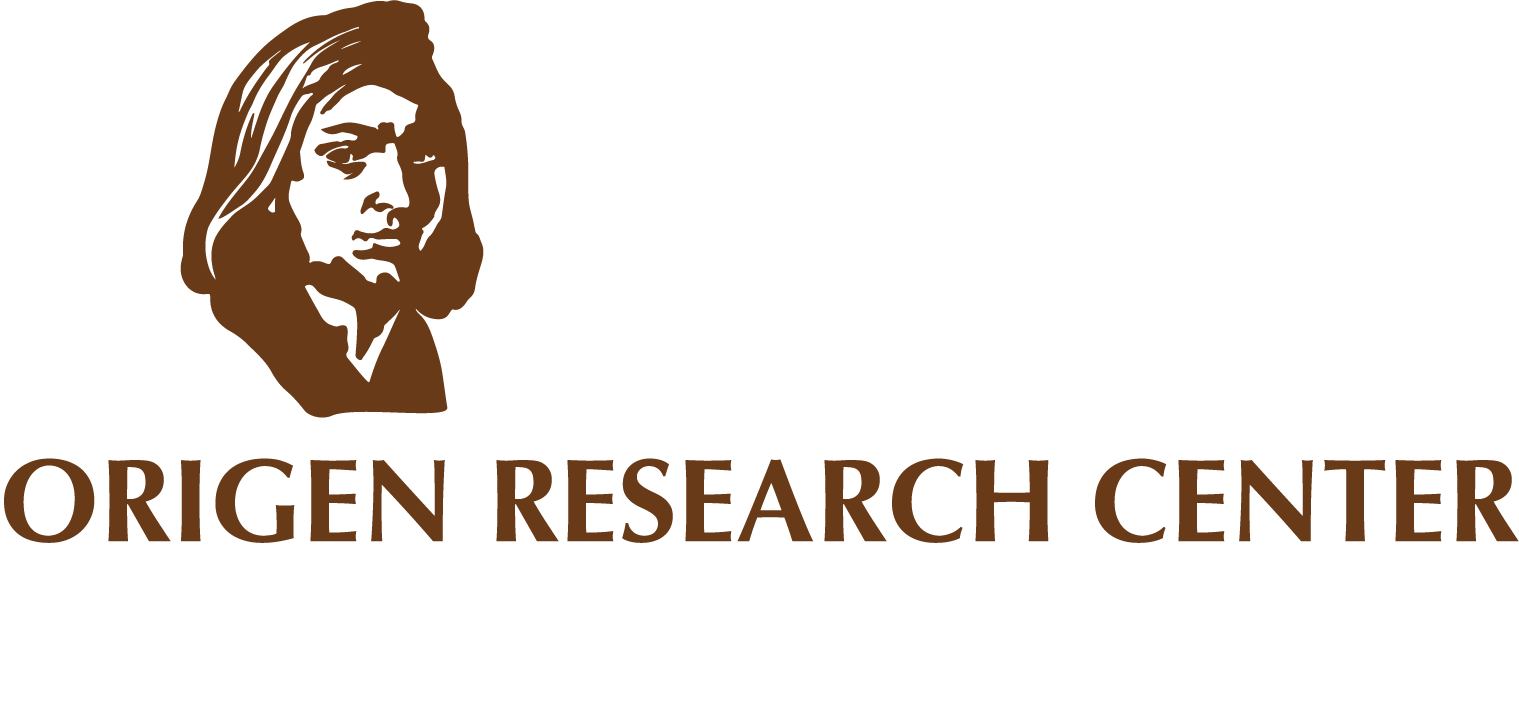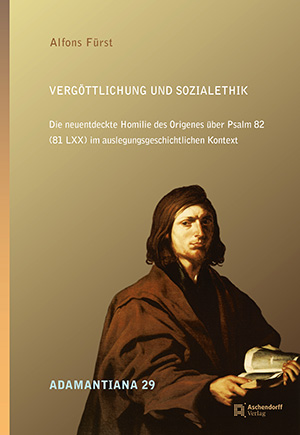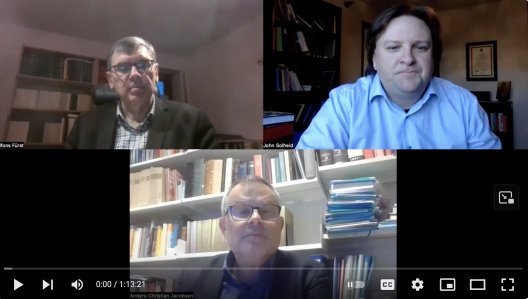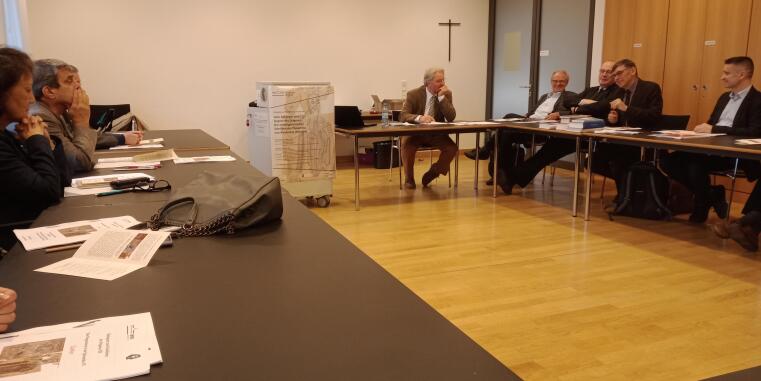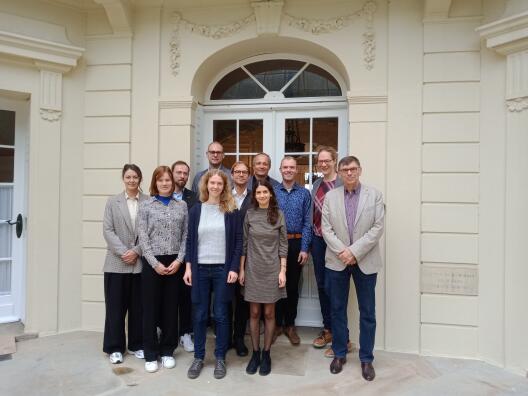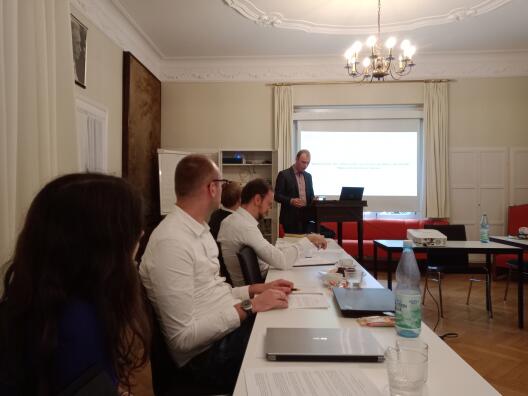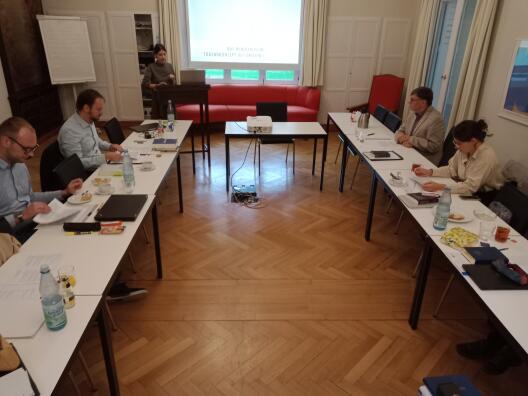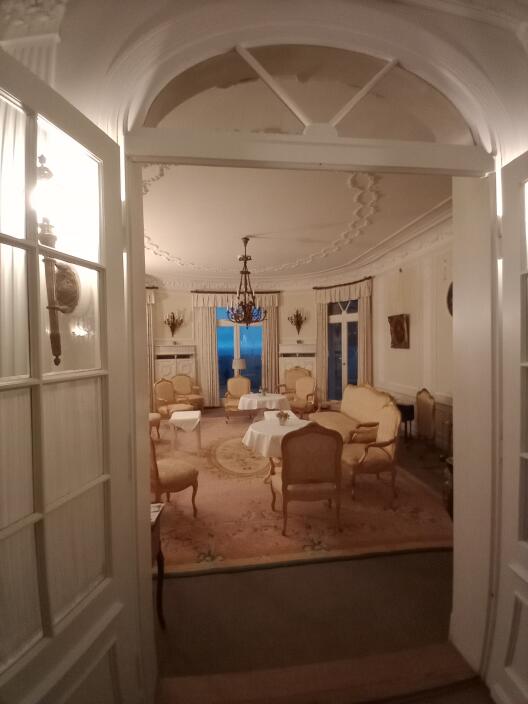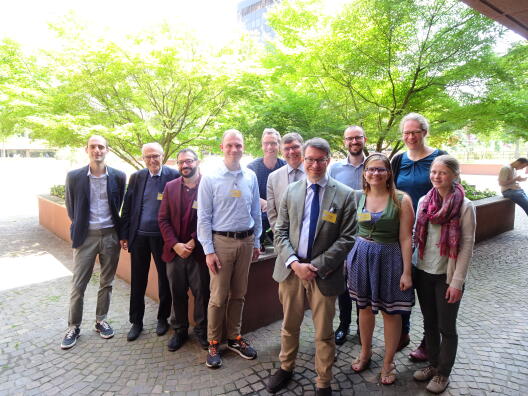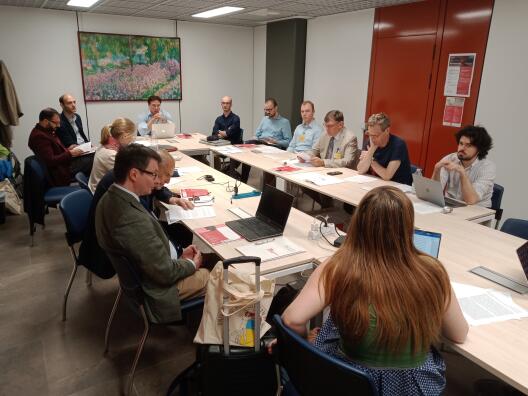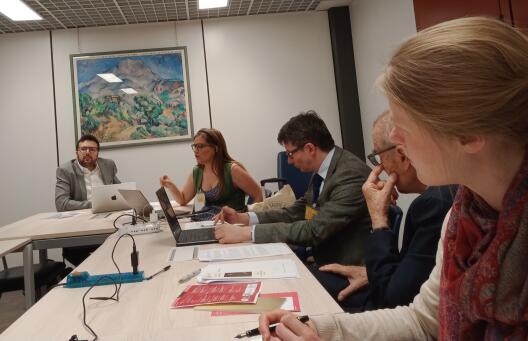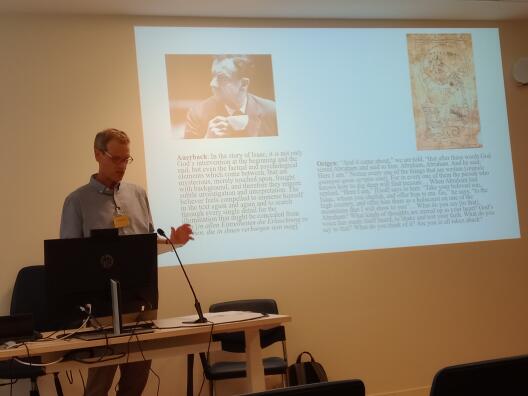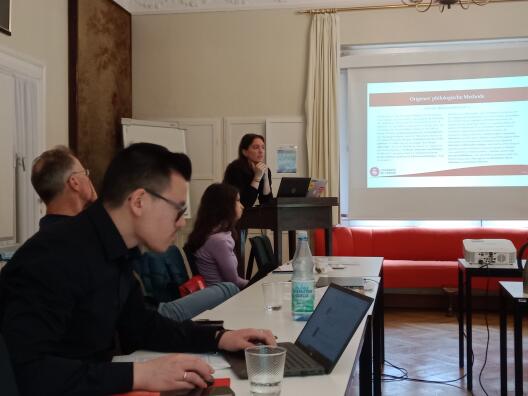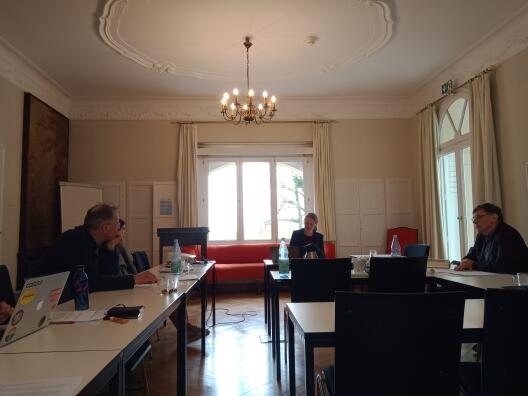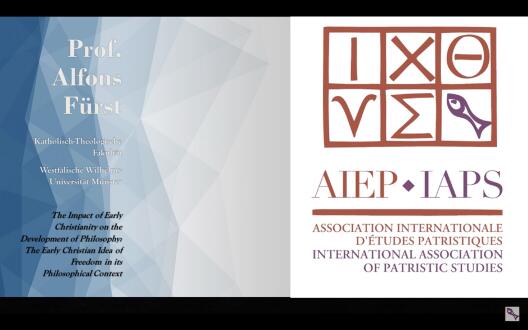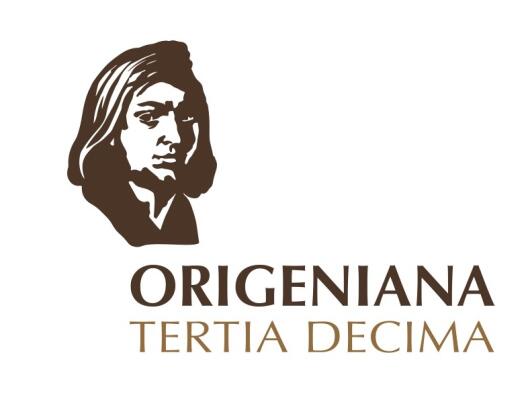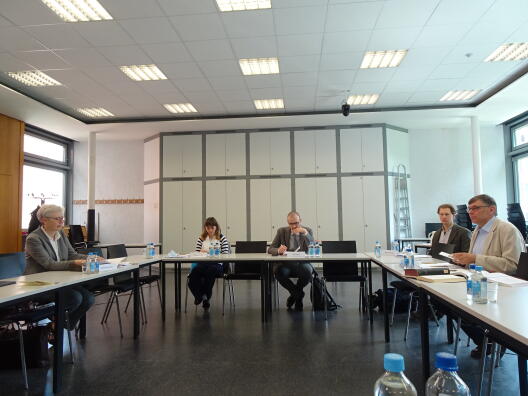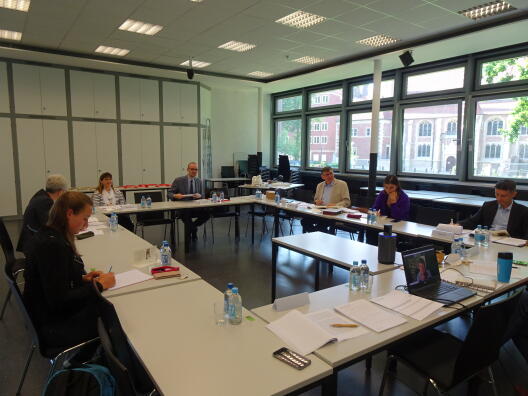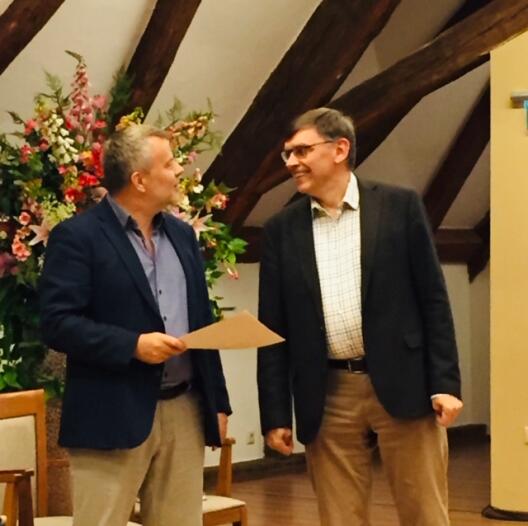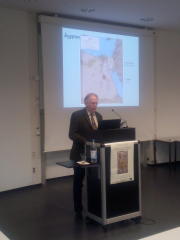New Releases
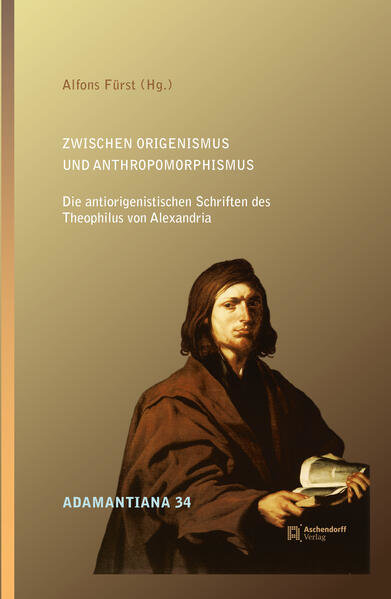
Zwischen Origenismus und Anthropomorphismus
Die antiorigenistischen Schriften des Theophilus von Alexandria
Der vorliegende Band enthält die erste deutsche Übersetzung aller Schriften, die Theophilus von Alexandria in den Jahren von 399 bis 404 gegen Origenes von Alexandria und zeitgenössische Origenisten verfasste. Die Texte werden in allen verfügbaren Überlieferungen (griechisch, lateinisch, koptisch) samt erläuternden Fußnoten und einführenden Essays vorgelegt. Sie werfen ein erhellendes Licht auf die Entwicklung des Origenismus und Anti-Origenismus an der Wende vom 4. zum 5. Jahrhundert und tragen dazu bei, die Vorgänge und Hintergründe, die zum ersten Origenismusstreit führten, besser zu verstehen. Außerdem bieten sie anschauliches Material für das Ineinander von politischen und theologischen Motiven in diesem Streit und im Vorgehen des Theophilus gegen die Origenisten in den ägyptischen Klöstern.
Alfons Fürst (Hg.), Zwischen Origenismus und Anthropomorphismus. Die antiorigenistischen Schriften des Theophilus von Alexandria (Adamantiana 34), Münster: Aschendorff Verlag, 2025, 401 Seiten, 79€. ISBN 978-3-402-26179-8
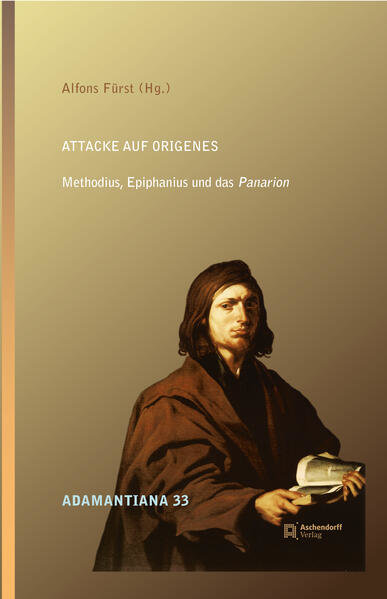
Attacke auf Origenes
Methodius, Epiphanius und das Panarion
Der heftigste Angriff gegen die Person und Theologie des Origenes von Alexandria in der Spätantike steht im langen 64. Kapitel des "Panarion gegen sämtliche Häresien", das Bischof Epiphanius von Salamis im Jahr 376 verfasste. Epiphanius setzt sich darin mit der Trinitätslehre, der Anthropologie und der Auferstehungsvorstellung des Origenes auseinander und referiert dazu eine lange Passage aus dem Traktat "Über die Auferstehung", den Methodius von Olympus zu Beginn des 4. Jahrhunderts ebenfalls gegen Origenes schrieb. Neben viel Polemik geht es inhaltlich um die Präexistenz der Seele und die Körperlichkeit der Auferstehung. Im Hintergrund der Debatte stehen kontroverse Fragen über das Verhältnis von Leib und Seele und die Rolle des Körpers des Menschen bei ethisch relevanten Handlungen. Der vorliegende Band enthält die erste deutsche Übersetzung dieses Kapitels des "Panarion" mit erläuternden Fußnoten und einführenden Aufsätzen.
Alfons Fürst (Hg.), Attacke auf Origenes. Methodius, Epiphanius und das Panarion (Adamantiana 33), Münster: Aschendorff Verlag, 2025, 377 Seiten, 75€. ISBN 978-3-402-26177-4
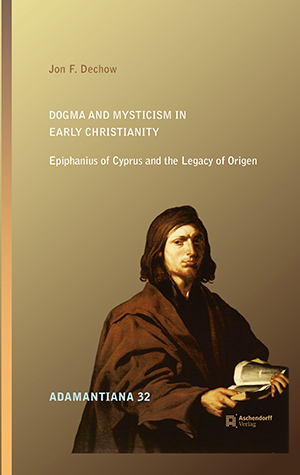
Dogma and Mysticism in Early Christianity
Epiphanius of Cyprus and the Legacy of Origen
Jon Dechow's "Dogma and Mysticism in Early Christianity", first published in 1988, is the most thorough study of the history of anti-Origenism in the fourth century. In detailed interpretations of a wealth of sources, Dechow demonstrates the type of Origenism against which the anti-Origenism of bishop Epiphanius of Salamis on Cyprus is directed. At the center of the study is a meticulous analysis of the charges that Epiphanius made against Origen of Alexandria in Chapter 64 of his "Panarion", written in 376. This core of the book is embedded in a biography of Epiphanius, an account of Origenism in Egyptian monasticism, which forms an important background for Epiphanius' critique, and an outlook on the influence that Epiphanius exerted on the Origenist controversies in late antiquity. The reprint of Dechow's study, edited by Alfons Fürst, might be useful for future research on Origen's always controversial legacy.
Jon Dechow, Dogma and Mysticism in Early Christianity. Epiphanius of Cyprus and the Legacy of Origen (Adamantiana 32), Münster: Aschendorff Verlag, 2025, 409 Seiten, 75€. ISBN 978-3-402-26174-3

